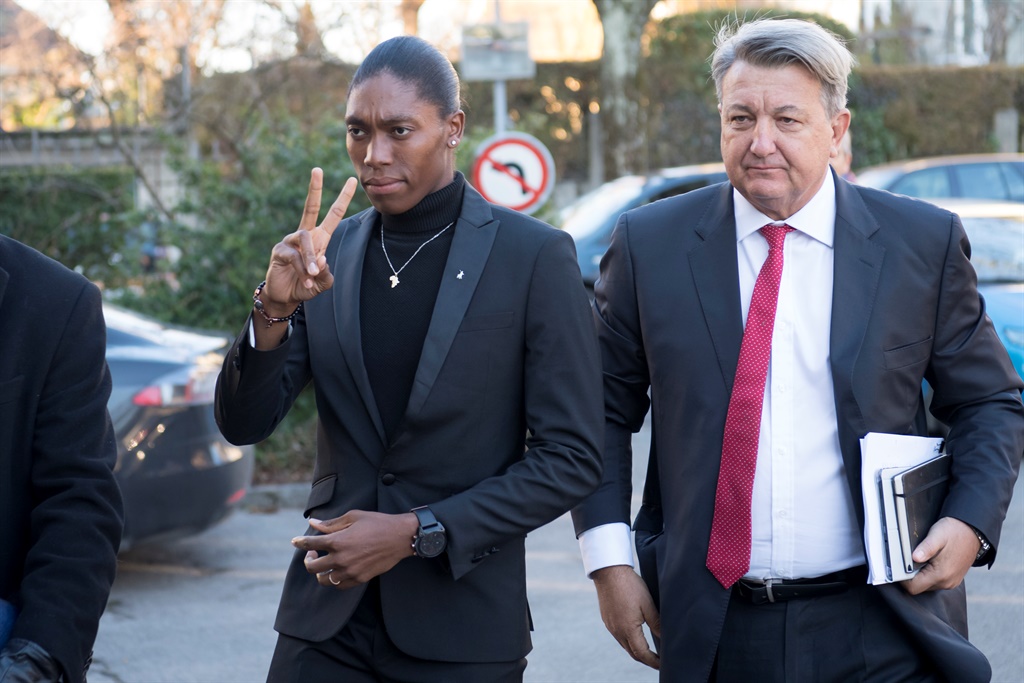
Over the past couple of weeks, two global news stories have given us a snapshot of the growing awareness, and power, of identity politics.
In essence, identity politics can be summarised as sociocultural movements that are formed when groups of people of a particular religion, race, gender or social background form exclusive political alliances outside of traditional broad-based party politics. The #BlackLivesMatter and #MeToo movements are examples of how negative sociocultural incidents gain traction, not only in the political arena, but also in the business world – and it’s getting very complicated.
Last week, South Africa held its breath as Caster Semenya went to the Court of Arbitration for Sport to challenge proposed rules by the International Association of Athletics Federations that would force her to lower her naturally occurring testosterone levels. Semenya’s case brings to the fore debates of gender identity and fluidity, as well as the complexities of disorders of sex development. While this increases our knowledge of previously unexplored human conditions, it also increases and divides popular opinion.
In the same week, it was revealed that Empire actor Jussie Smollett allegedly staged a hate crime attack on himself. Smollett, who is black and openly gay, claimed that two people assaulted him, threw bleach at him and put a noose around his neck while making homophobic and racist slurs. He alleged that his attackers shouted, “This is Maga country”, a reference to Donald Trump’s Make America Great Again presidential campaign slogan.
While both of these global news events speak to the main pillars of identity politics – race, gender and sexual orientation – there is so much more bubbling up that will confuse even the most confidently woke among us.
Toy manufacturers have sensed the impact of identity politics and have already responded with dolls (male and female) with different skin tones and body types, and have now even included dolls with disabilities – like a doll in a wheelchair. This shows foresight, as even Getty Images recently increased its offering of stock images to include people with disabilities. It noted a spike in people searching for disability-related images – searches for “wheelchair access” were up 371% from 2016 to 2017 and autism-related searches climbed 434%, so the issue of representation became impossible to ignore.
In fashion, Tommy Hilfiger launched the Adaptive Collection specifically for people with disabilities. The launch campaign featured celebrated figures from the disabled community, including a Paralympic gold medallist and an autistic chef.
But dabble with identity politics at your own peril.
Gillette tried to tackle toxic masculinity in its latest ad campaign and discovered that the kudos it received were met with double the number of social media trolls. The hidden undercurrents of identity politics are treacherous.
Cardiff Metropolitan University revised its code of practice, advocating that “students should not allow their ‘cultural background’ to affect their choice of words”. They suggest more gender-neutral terms be used for words such as ‘forefathers’, ‘mankind’ and ‘sportsmanship’. These were part of a list of 34 words and phrases to be avoided in an effort to “embrace cultural diversity”. “Disabled people”, therefore, is preferable to saying “the disabled” or “people with disabilities” as it emphasises that the people are disabled by a society that doesn’t accommodate them.
Like I said, it’s complicated.
Last year, the UK’s Labour Party found out just how complicated things could get when it announced that it would include trans women on their all-women candidacy short lists, formally recognising the diverse category of women. Inevitably, there was a backlash, but this time from a small subset of feminists who declared that the move was an attack on women. Cue the concept of “transphobic feminism”.
These feminists feel that trans women are of male origin and therefore not the authorities on a full female experience. They also believe that trans people are “wilful infiltrators on a mission to bring feminism down from within by inhabiting Trojan horse female bodies”.
But wait, it gets even more complicated.
Sky Gilbert – a white gay man who is also a drag queen – was taken to task at the 2016 Q2Q Symposium on Queer Theatre and Performance in Vancouver, Canada, because he is a white drag queen who lip-synchs to music originally written and performed by non-white artists, which was deemed “cultural appropriation”.
If you’re a suburban heterosexual parent reading this and thankful that you couldn’t possibly be drawn into any identity politics, you should be on the lookout for “vegan antinatalists”. These vegans oppose human procreation, believing that overpopulation and pollution are destroying the planet. Online forums devoted to this topic make it clear that non-vegans and parents are unwelcome.
I wait with bated breath to see which new subsects I’ve managed to offend by writing this column.
Chang is the founder of Flux Trends. For more trends, visit fluxtrends.com




 Publications
Publications
 Partners
Partners








